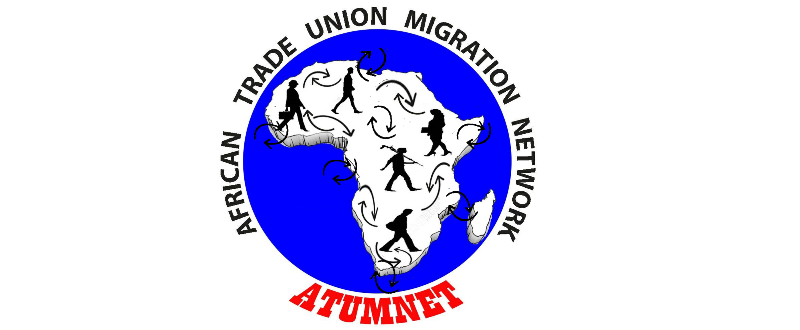
“Our values are : Respect, Diversity, Solidarity and Partnership”
1. Introduction
Migration remains and will continue to be a historic human phenomenon that can neither be stopped nor simply wished away. Similarly, over the past two decades, migration has become an issue of global concern (Murrugarra et al. 2011). Though migration is viewed in some quarters as a crisis, conceivably the recognition of the potential contribution of migration and migrants to socio-economic development is a major reason for the importance being attached to migration by increasing number of governments in developing countries (Ajaero and Onokala 2013), such as those in Africa. Indeed, the global labour market is characterized by labour migration and workplaces today are composed of various nationalities. The inclusion of migration in the Sustainable Development Goals (SDGS) is even a global recognition of the potential of migration to promote socio-economic development if it is well managed.
In recent times, governments and other stakeholders, including trade unions, have been under intense pressure to deliver in the face of large movements of people at a scale not seen since the Second World War. In particular, since 2008, many nations have been battered, directly or indirectly, by a series of crises including the financial crises and the refugee and migrant crisis (as some people may prefer to describe it). In fact, the migration phenomenon, in its broader sense, and its consequences are perhaps the key defining characteristics of the contemporary global society. It is both a source of great opportunity in terms of economic gains and cross cultural fertilization as well as being a source of conflict and populist political debate. Clearly, the recent processes and initiatives to adopt the Global Compact on Migration (GCM) as driven by the United Nations as one of the responses to the migration phenomenon is a recognition of the importance of migration.
READ MORE
